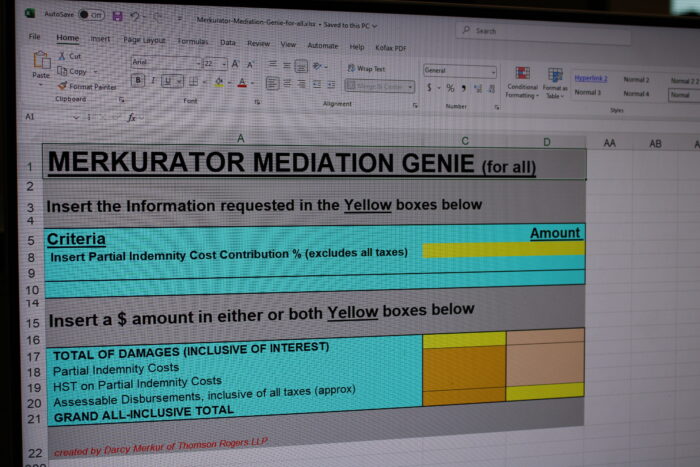Can I Be Sued When Another Person Injures Someone While Driving My Car?
July 13, 2021

You could be sued as the owner of a motor vehicle if a person driving your vehicle injures someone.
Whether you are sued depends on the circumstances of how that person came to drive your vehicle. An owner can be held responsible to pay for the injuries of a victim injured by a person driving the owner’s vehicle if the person possesses the vehicle with the owner’s consent.[1] Generally, an owner’s consent to possession determines their responsibility.
It is important to stress that there is a difference between an owner consenting to a person possessing their vehicle and an owner consenting to a person driving their vehicle. For example, you may tell your neighbor that he can keep your vehicle in his garage, hand your keys over to him, and tell him not to drive your vehicle under any circumstances. You have given your neighbor your consent to posses you motor vehicle but not to drive it. However, the law in Ontario holds that by consenting to your neighbor possessing your vehicle, you are likely to be liable for injuries he causes while driving it even if you tell him not to drive under any circumstances.[2] Consent to possess a motor vehicle triggers your responsibility, even if you do not give consent to drive.
The law in Ontario holds that you cannot escape responsibility for a victim’s injuries as a vehicle owner simply because the person you gave possession of your vehicle breaches a condition you gave to them for possessing the vehicle.[3] For example, if you tell your neighbor he can keep your vehicle in his garage, give your neighbor the keys, and tell him he can drive the vehicle as long as he does not drive it after 10:00 p.m., you may still be responsible for a victim’s injuries if your neighbor strikes a victim with your vehicle when driving at 11:00 p.m. Since you consented to the neighbor’s possession, you may be responsible for what he chooses to do with the vehicle, even if he does so against your wishes.
In a real-life example, a vehicle owner was found responsible for a victim’s injuries when her unlicensed daughter drove her vehicle and caused an accident. The owner gave her daughter control of the vehicle’s keys but instructed her not to drive the vehicle until she obtained her licence. Nevertheless, the owner was found to have consented to her daughter’s possession and was held to be responsible for the accident victim’s injuries.[4]
As a further warning to vehicle owners, consent to a person possessing a vehicle does not need to be express. Consent can also be implied. A court determining whether a vehicle owner gave implied consent to a person to possess their motor vehicle will determine: (a) whether all the circumstances show that the driver had the implied consent of the owner to possess the vehicle; and (b) whether the circumstances show that the driver was justified in thinking they had this consent.[5]
It can be confusing for a person without legal training to determine whether an owner gave consent (express or implied) to the person who injured them to possess the vehicle.
If you have been injured by a person driving a vehicle which the owner disputes the person was driving with consent, you can contact Thomson Rogers for a free consultation. We may be able to assist.
[1] Highway Traffic Act, R.S.O. 1990, c. H.8 , s. 192(2)
[2] Finlayson v. GMAC Leaseco Ltd. / GMAC Location Ltée, 2007 ONCA 557, at paras. 18 & 21..
[3] Conners v. D’Angelo, 2017 ONSC 1104, at paras. 40-42 [Conners].
[4] Seegmiller v. Langer, 2008 CarswellOnt 6029 (S.C.).
[5] Conners, supra note 2 at para. 49; Palsky v. Humphrey, [1964] S.C.R. 580; Fernandes v. Araujo, 2015 ONCA 571.
For Thomson Rogers updates please subscribe to our email list here.
Share this





